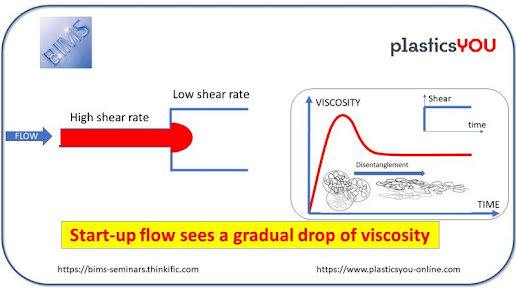EU Commission to Form Observatory to Measure Developmental Progress of EU Union's Bioeconomy
The European Commission will establish an observatory to map progress and measure the impact of the development of the European Union's bioeconomy, European Commissioner for Research, Innovation and Science Máire Geoghegan-Quinn announced today. The observatory will gather data to follow the evolution of markets, to map EU, national and regional bioeconomy policies, research and innovation capacities, and the scale of related public and private investments. The observatory will be coordinated by the Joint Research Centre, the Commission's in-house science service.
Commissioner Geoghegan-Quinn said: "It's now one year since we launched our bioeconomy strategy. We are now seeing Member States seize the opportunity offered by the transition to a post-petroleum economy based on smart use of resources from land and sea. It's essential that they do because it will be good for our environment, our food and energy security, and for Europe's competitiveness in the future. This observatory will help keep the momentum going."
The observatory, which is a three year project, will start in March 2013 with the aim of making the data it will collect publicly available through a dedicated web portal in 2014. In this way, the observatory will support the regional and national bioeconomy strategies now being developed by EU Member States.
As well as providing data on the size of the bioeconomy and its constituent sectors the observatory should track a number of performance measures, including economic and employment indicators, innovation indicators, and measures of productivity, social wellbeing and environmental quality. It will also provide a "technology watch" and "policy watch", to follow the development of science and technology as well of policies related to the bioeconomy.
Already the bioeconomy in Europe is worth an estimated €2 trillion and 22 million jobs. The Commission is considering a new public-private partnership on bio-based industries to accelerate the development of the sector. A decision is expected in June 2013.
The commissioner made the announcement at a bioeconomy conference in Dublin organized by the Irish Presidency of the Council of the European Union.
Background
The term "Bioeconomy" means an economy based on a smart use of biological and renewable resources from the land and sea, as inputs to food and feed, industrial and energy production. It also covers the use of bio waste, and of bio-based processes for sustainable industries.
The EU Bioeconomy Strategy, adopted on 13 February 2012, has three main pillars:
- Investment in research, innovation and skills for the bioeconomy. This should include EU funding, national funding, private investment and enhancing synergies with other policy initiatives.
- Development of markets and competitiveness in bioeconomy sectors by a sustainable intensification of primary production, conversion of waste streams into value-added products, as well as mutual learning mechanisms for improved production and resource efficiency. As an example, food waste costs the European taxpayer between €55 and €90 per ton to dispose of, and produces 170 million tons of CO. This waste could be transformed into bio-energy or other bio-based products, creating jobs and growth.
- Reinforced policy coordination and stakeholder engagement, through the creation of a Bioeconomy Panel, a Bioeconomy Observatory and regular Stakeholder Conferences.
The strategy seeks synergies and complementarities with other policy areas, instruments and funding sources which share and address the same objectives, such as the Cohesion Funds, the Common Agricultural and Fisheries Policies (CAP and CFP), the Integrated Maritime Policy (IMP), environmental, industrial, employment, energy and health policies.
The strategy is one of the operational proposals under the Innovation Union and Resource-efficient Europe flagships of the Europe 2020 strategy. The need to increase public funding for bioeconomy research and innovation has been recognized under the Commission's future research program Horizon 2020: €4.7 billion has been proposed for the Challenge "Food security, sustainable agriculture, marine and maritime research, and the bioeconomy", with complementary funding in other areas of Horizon 2020.


Comments
Post a Comment